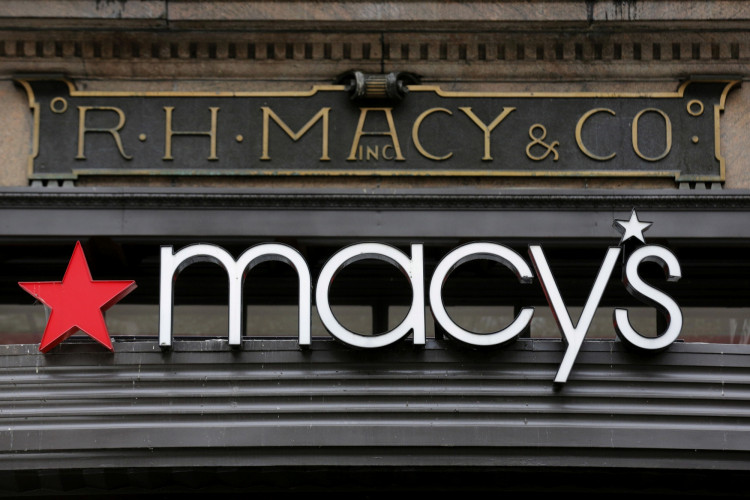Macy's, the venerable retail giant with over a century and a half of history, is embarking on a transformative journey under the stewardship of new CEO Tony Spring. In a decisive move to adapt to the rapidly changing retail landscape, Macy's has announced the closure of 150 underperforming stores by 2026, coupled with an ambitious plan to enhance its presence in the luxury market through its Bloomingdale's and Bluemercury brands. This strategic pivot is aimed at revitalizing the Macy's brand, making it more resonant with today's consumers' preferences and shopping behaviors.
The decision to downsize comes at a critical juncture for Macy's, which has seen its traditional business model challenged by the dual forces of e-commerce giants like Amazon and the rising popularity of discount chains. By focusing on its luxury brands, Macy's is tapping into the resilience of the high-end retail market, which has remained robust despite broader economic fluctuations. The planned closures, which will reduce Macy's footprint to just 350 stores, are a calculated step towards creating a leaner, more focused retail offering.
In parallel to the store closures, Macy's is set to inaugurate approximately 45 new Bloomingdale's and Bluemercury locations, strategically positioned to capture affluent consumers in underserved markets. This expansion underscores Macy's commitment to the luxury segment, with Neil Saunders of GlobalData Retail noting the potential for Bloomingdale's expansion in several strong luxury markets.
Moreover, Macy's is adapting to the shift in consumer shopping habits by embracing smaller, more efficient store formats located outside traditional mall environments. These smaller stores, characterized by lower operational costs and a curated product selection, reflect a broader industry trend towards convenience and personalized shopping experiences.
Tony Spring, in articulating the vision behind Macy's new strategic direction, emphasized the importance of reinvigorating customer relationships through enhanced shopping experiences, relevant product assortments, and compelling value propositions. This customer-centric approach is expected to drive market share gains, sustainable growth, and shareholder value, marking a new chapter in the storied history of Macy's.
The path ahead for Macy's is not without its challenges, as the retail sector continues to evolve at a rapid pace. The company's ability to execute its strategic vision, amidst the backdrop of intense competition and changing consumer preferences, will be critical to its success. Macy's is betting on its revamped strategy to not only secure its place in the future of retail but also to reestablish its brand as a beacon of luxury and innovation.






